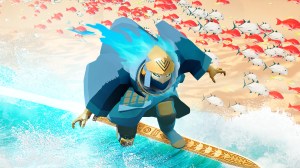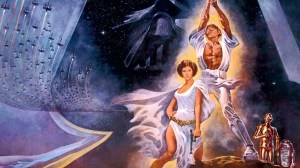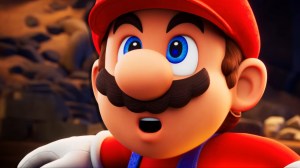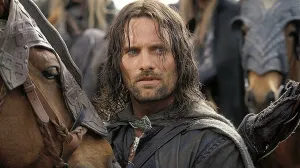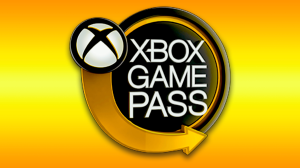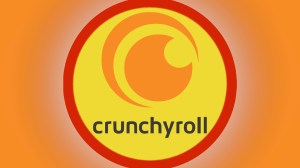There has been considerable discussion in recent weeks about whether the rise of subscription services has been beneficial or detrimental to the gaming industry. While some view free launch-day game subscription service models as bad for business and game developers, at least one developer has taken a different perspective. In a recent interview, the game director of indie game Sword of the Sea, Matt Nava, said that their free PS Plus release was one of the reasons that the game was ultimately saved.
Videos by ComicBook.com
In a Skill Up interview, Nava expressed gratitude for the partnership with PlayStation, which helped the development team overcome their “rocky” beginnings.
“We’ve had some really fantastic partners over at the PlayStation Indies program who believed in this project from the very beginning,” said Nava. “When times got tough, they came in and they saved us… It was really down to a couple of individuals over there who decided that it was worth fighting for [and keeping] this project alive.”
Indie surfing adventure game Sword of the Sea was released this week to positive reviews, which praised the game’s fun mechanics and beautiful art style. Based on what Nava said in the interview with Skill Up, it’s possible that players would have been deprived of this experience if PlayStation hadn’t stepped in with their deal to release the game for free on PlayStation Plus.
“The PlayStation Indies department collaborated to do some internal deals and make sure we could get this thing out,” Nava explained. “It’s a little bit odd that we’re going to be on [PS Plus] day one…it’s a trade-off because if you’re on there, Sony’s going to push your game more…they’re more invested in it.”
While this instance seems to be a clear example of indie developers winning with subscription services like PlayStation Plus, how have other smaller titles recently fared on the service? Last year, indie game Animal Well, published by video game YouTuber Videogamedunkey, also received the free on-launch day treatment through PS Plus. The game ended up being a hit, and the game’s developer, Billy Basso, told Gamefile he was surprised by how well things unfolded.
“The launch went really well, and I think I still haven’t opened myself up to realizing how well it’s done and what that means,” said Basso.
Positive indie sentiment toward PlayStation appears to have shifted from its previous perception. In 2021, before the revamp of PlayStation Plus, Neon Doctrine co-founder and CEO Iain Garner criticized the company in a lengthy Twitter thread without directly naming them for forcing developers to “jump through hoops” and making it difficult to know how to succeed on the platform. The marked change in perception towards PlayStation from recent indie successes suggests that not only are indies doing well with PlayStation Plus, but that PlayStation Plus may be part of the reason for the friendlier indie relations.
This is good news, as US subscription spending has been on the rise, and gamers are increasingly resistant to paying the full price for games. Earlier this year, video game subscriptions broke an all-time monthly record while gamers essentially revolted over announced plans from industry players to increase the prices of holiday releases.
Will gaming transition to a subscription monetization model in the future, similar to how Spotify works for music, and would such a change ultimately benefit or harm the artists who produce this content? There doesn’t seem to be a clear answer to this question yet, though it seems like we may find out in the near future.

